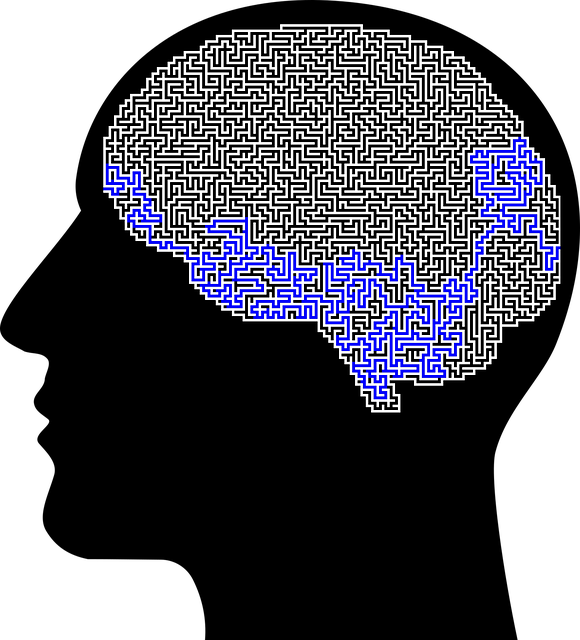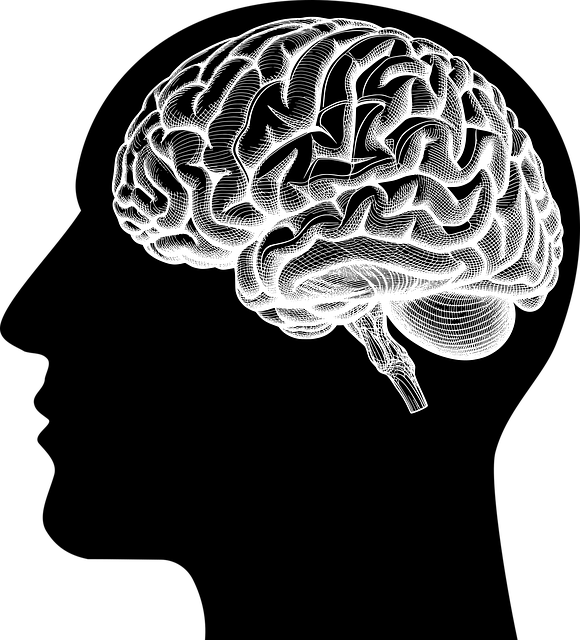Highlands Ranch Stress Management Therapy employs meticulous data collection and rigorous preparation methods using standardized assessment tools to ensure consistent and reliable mental health care. Advanced analytics techniques, including machine learning models, help identify trends, patterns, and risk factors related to various mental health conditions, enabling precise risk assessments and personalized interventions like Social Skills Training and Stress Management programs. This data-driven approach supports Mental Illness Stigma Reduction Efforts, enhances treatment outcomes, and guides the organization of Stress Management Workshops. With a focus on cultural sensitivity and mind over matter principles, therapists tailor therapy approaches for improved community self-care. Balancing technological advancements with ethical considerations ensures inclusive, compassionate care.
Mental health data analysis is transforming the way we understand and address psychological well-being. This article delves into the intricate process of analyzing and interpreting mental health data, highlighting advanced analytics techniques that offer profound insights. We explore its practical applications in Highlands Ranch Stress Management Therapy, showcasing how data-driven strategies enhance treatment outcomes. Furthermore, ethical considerations are discussed, along with future trends, as we navigate the evolving landscape of mental health care through innovative data analysis methods.
- Understanding Mental Health Data: Collection and Preparation
- Advanced Analytics Techniques for Deep Insights
- Interpreting Findings: Applications in Highlands Ranch Stress Management Therapy
- Ethical Considerations and Future Trends in Mental Health Data Analysis
Understanding Mental Health Data: Collection and Preparation

Understanding Mental Health Data involves a meticulous process of collection and preparation. At Highlands Ranch Stress Management Therapy, we recognize that gathering accurate data is paramount to effectively addressing mental health concerns. This begins with standardized assessment tools designed to capture symptoms, behaviors, and emotional states across various domains. These tools ensure consistency in data collection, facilitating meaningful comparisons and analyses.
Preparation of the data includes cleaning and organizing it for analysis. This step often involves identifying and correcting errors, handling missing values, and transforming data into formats suitable for statistical techniques. By implementing rigorous data preparation methods, we minimize biases and enhance the reliability of our findings, ultimately supporting evidence-based interventions such as Social Skills Training and Stress Management programs, while also contributing to Mental Illness Stigma Reduction Efforts.
Advanced Analytics Techniques for Deep Insights

In the realm of mental health data analysis, advanced analytics techniques offer a powerful tool to uncover deep insights and nuanced understanding. By employing sophisticated algorithms and machine learning models, researchers and professionals can navigate complex datasets to identify trends, patterns, and risk factors associated with various mental health conditions. This approach, often utilized in Highlands Ranch Stress Management Therapy settings, enables precise risk assessments for mental health professionals, enhancing their ability to provide personalized care.
The integration of advanced analytics also facilitates the development of effective interventions and treatments. By analyzing data from diverse sources, such as patient records, surveys, and wearable devices, professionals can design targeted strategies that boost confidence and manage stress. Moreover, this method supports the organization of Stress Management Workshops, where participants gain practical tools and techniques to cope with daily stressors. Through data-driven insights, mental health practices can be continually refined, ensuring optimal support for individuals seeking assistance in Highlands Ranch and beyond.
Interpreting Findings: Applications in Highlands Ranch Stress Management Therapy

When analyzing mental health data within the context of Highlands Ranch Stress Management Therapy, interpreting findings becomes a delicate yet powerful process. By applying rigorous data analysis techniques, therapists can uncover profound insights into individual and collective emotional patterns. This involves understanding not only the prevalence of stress-related issues but also exploring the underlying factors contributing to them. For instance, identifying cultural influences that shape stress expression can enhance the effectiveness of treatment plans, aligning with the crucial aspect of cultural sensitivity in mental healthcare practice.
The findings from such analyses have direct applications in refining therapy approaches. Therapists can tailor interventions based on data-driven insights, focusing on specific emotional regulation strategies. For example, understanding the unique challenges faced by individuals in Highlands Ranch might lead to the integration of mind over matter principles into therapeutic practices, empowering clients to manage stress through cognitive and behavioral techniques. This personalized approach not only improves outcomes but also fosters a sense of empowerment and self-care within the community.
Ethical Considerations and Future Trends in Mental Health Data Analysis

As mental health data analysis becomes increasingly sophisticated, ethical considerations must be at the forefront. Privacy and confidentiality are paramount; ensuring patient data is securely stored and only accessed by authorized individuals is non-negotiable. Bias in algorithms, particularly those used to predict or diagnose mental health conditions, must also be rigorously addressed. Developers of these tools should strive for transparency and include diverse datasets to avoid perpetuating existing biases or creating new ones. Furthermore, the interpretation of data requires a nuanced approach, balancing quantitative findings with qualitative insights from professionals and individuals who have experienced mental health challenges firsthand.
Looking ahead, the future of mental health data analysis holds exciting possibilities. Integrating innovative technologies like artificial intelligence (AI) and machine learning can enhance coping skills development through personalized interventions and improve access to Highland Ranch stress management therapy. Compassionate cultivation practices and communication strategies, backed by data-driven insights, could transform support systems and foster a more inclusive and understanding society. However, as we navigate these trends, it’s essential to prioritize the ethical use of data, ensuring that technology serves as a tool for improvement rather than exacerbating existing disparities or infringing on individual autonomy.
Mental health data analysis has evolved into a powerful tool, offering valuable insights through advanced analytics. As shown by applications in Highlands Ranch Stress Management Therapy, understanding and interpreting this data can lead to more effective treatment strategies. Ethical considerations remain paramount as we navigate the future trends of mental health data analysis, ensuring that technology enhances rather than replaces human connection and compassion. By embracing these developments, we can create a more supportive and informed society for mental well-being.












